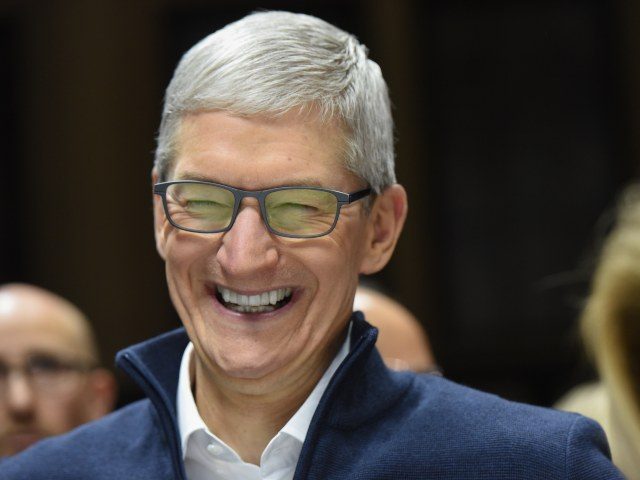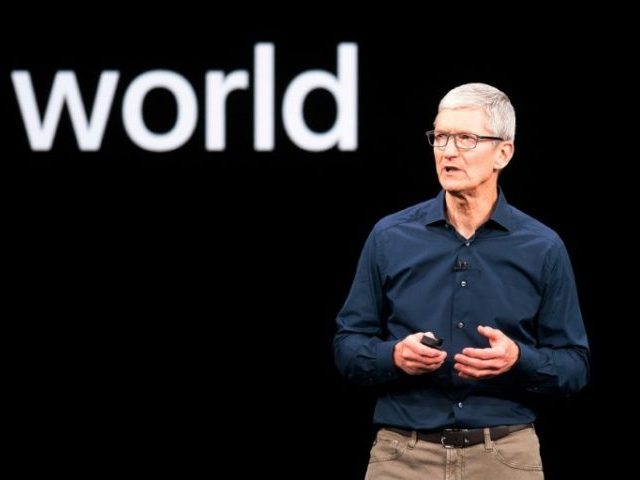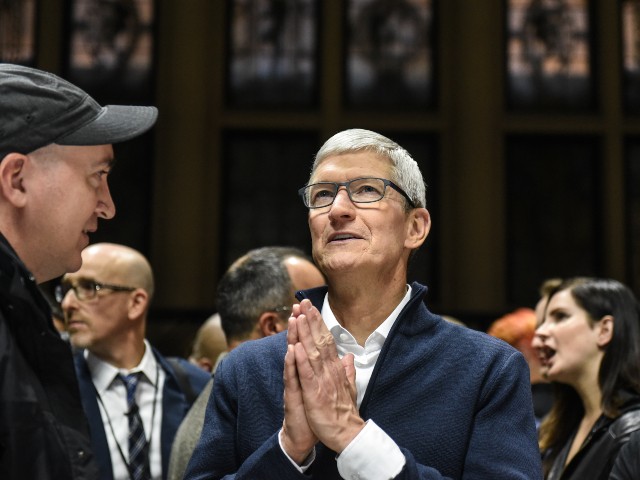Apple is reportedly making taxpayers foot part of the bill for a project in which the tech giant plans to turn iPhones into digital identification cards, according to confidential documents obtained by CNBC.
In June, Apple announced that its users could soon store state-issued identification cards in the iPhone’s Wallet app, promoting it as a more secure and convenient way for customers to show their IDs in a variety of settings.
But privacy experts find the concept questionable, as the move by Apple would effectively integrate identity into powerful mobile devices, raising concerns about the risk of dystopian scenarios involving surveillance.
Moreover, industry observers have also raised questions about why local authorities are giving up control of citizens’ identities to the tech giant, reports CNBC.
While Apple is known for its obsession with secrecy and typically forces potential partners to sign non-disclosure agreements, information about its partnership with the government can be found via public record requests.
Therefore, the contracts between Apple and states such as Georgia, Arizona, Kentucky, and Oklahoma provide a rare glimpse into the dealings of the tech giant, the report notes.
The agreement appears to give Apple a high degree of control over the government agencies responsible for issuing identification cards, according to information obtained by CNBC through public record requests.
Contracts signed by four states show that Apple will require states to maintain the systems needed to issue and service credentials, hire project managers to respond to Apple inquiries, market the feature, and push for its adoption with other government agencies — and all at taxpayer expense.
Documents also show that Apple has “sole discretion” for key aspects of the program, including what types of devices will be compatible with the digital IDs.
Others point out that a partnership like this would ultimately benefit Apple and its shareholders by making its devices even more essential than they already are.
“Apple’s interest is clear — sell more iPhones,” said Johns Hopkins Carey Business School professor Phillip Phan, who added that he is not sure why the states “think a partnership with one specific technology company that owns a closed ecosystem is the best way” to serve their citizens.
“For the state to spend taxpayer’s money on a product that serves only half its citizens is questionable,” Phan said.
According to fintech consultant and newsletter author, Jason Mikula, the dynamic is similar to the way in which Apple deals with vendors, but instead of getting paid by Apple, states must shoulder the financial burden of administering the programs.
“It’s like a vendor relationship, which makes no sense to me because it’s the states that have the monopoly on what they’re giving to Apple, they could presumably negotiate a much more equal contract,” Mikula said.
“I don’t know of any other example where government-owned systems and identity credentials were made available for commercial purposes in this manner,” he added.
Moreover, not only do the states have to “prominently feature the Program in all public-facing communications relating to Digital Identity Credentials,” but they also have to get all of their marketing efforts reviewed and approved by Apple.
Apple also shifts responsibility for confirming the authenticity of user identities onto the states, the report adds.
And these efforts are paid for by the states — which are funded by taxpayers.
Georgia and Arizona will be the first states to offer driver licenses on iPhone’s Wallet app, CNBC reports.
You can follow Alana Mastrangelo on Facebook and Twitter at @ARmastrangelo, and on Instagram.



COMMENTS
Please let us know if you're having issues with commenting.